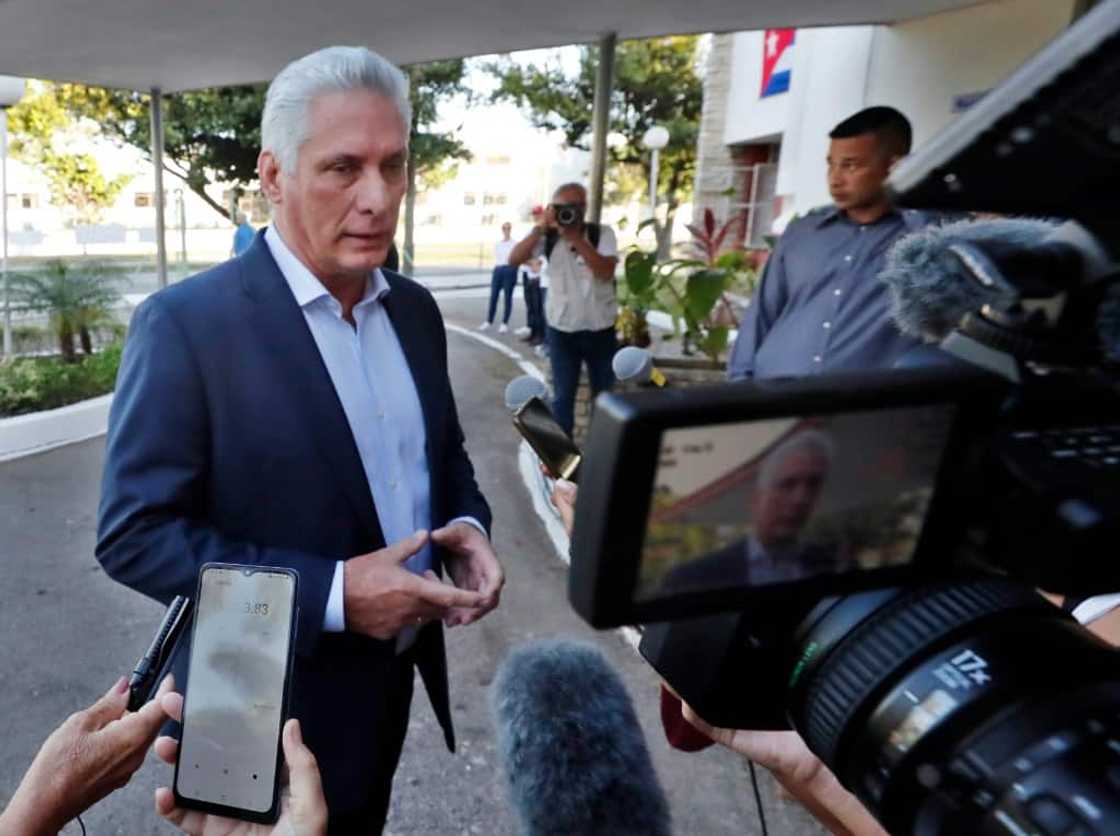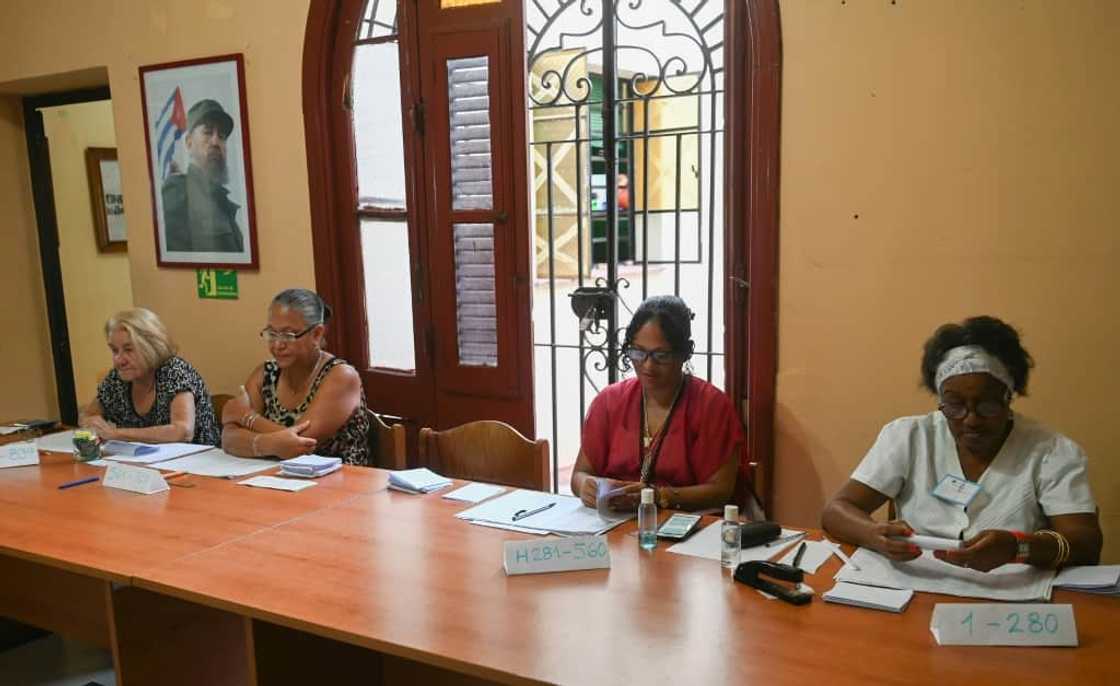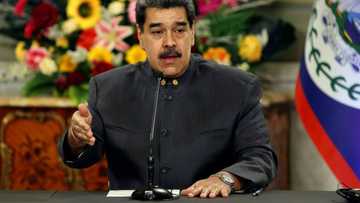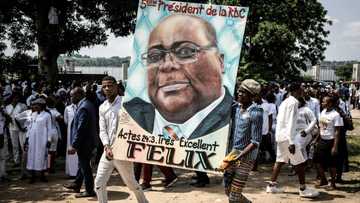Cuba holds local elections as opposition deplores pressure

Source: AFP
Cubans are voting Sunday in municipal elections amid a grave economic crisis that could weaken turnout and with the opposition charging its candidates are under unfair pressure.
More than eight million Cubans aged 16 and older (of a population of 11.2 million) are eligible to cast secret ballots to select more than 12,400 municipal delegates, or councillors, from the 27,000 candidates nominated by show of hands in neighborhood assemblies.
In Havana, polling stations opened without incident at 7:00 am (1200 GMT), AFP journalists reported.
The government had mounted an intense get-out-the-vote campaign on social media, as well as in the press and on television -- both controlled by the ruling Communist Party, which oversees the election process but does not nominate candidates.
But the opposition platform known as the Council for the Democratic Transition in Cuba (CDTC), which promotes change and pluralism in the country through legal means, called on people to abstain, citing unfair pressure by the government.

Source: AFP
PAY ATTENTION: Follow Briefly News on Twitter and never miss the hottest topics! Find us at @brieflyza!
Its vice president, Manuel Cuesta, told AFP that three of the group's candidates had been prevented "by the political police" from participating in neighborhood assemblies because they appeared to have a good chance of winning.
He said a fourth candidate, Jose Cabrera, was nominated in the southeastern city of Palma Soriano but never made it to the ballot over "threats of losing his job" and other difficulties.
The Cuban government has branded opposition members as US "mercenaries."
These elections are the first step in a unique electoral system.
Councillors elected Sunday will form municipal governments that will propose 50 percent of the candidates for provincial assemblies and the National Assembly, which in turn elects the Council of State and the Cuban president from among its members.
The other 50 percent are put forward by social organizations close to the government.
In theory, the system allows any Cuban to reach parliament, but the opposition maintains that Communist Party militants have the ability to prevent any opposition member from being elected.
Adding uncertainty is the economic crisis that has brought shortages of food and medicine and daily blackouts to the island, fueling an outflow of migrants -- and potentially increasing abstentionism.
PAY ATTENTION: Сheck out news that is picked exactly for YOU ➡️ find the “Recommended for you” block on the home page and enjoy!
Source: AFP



